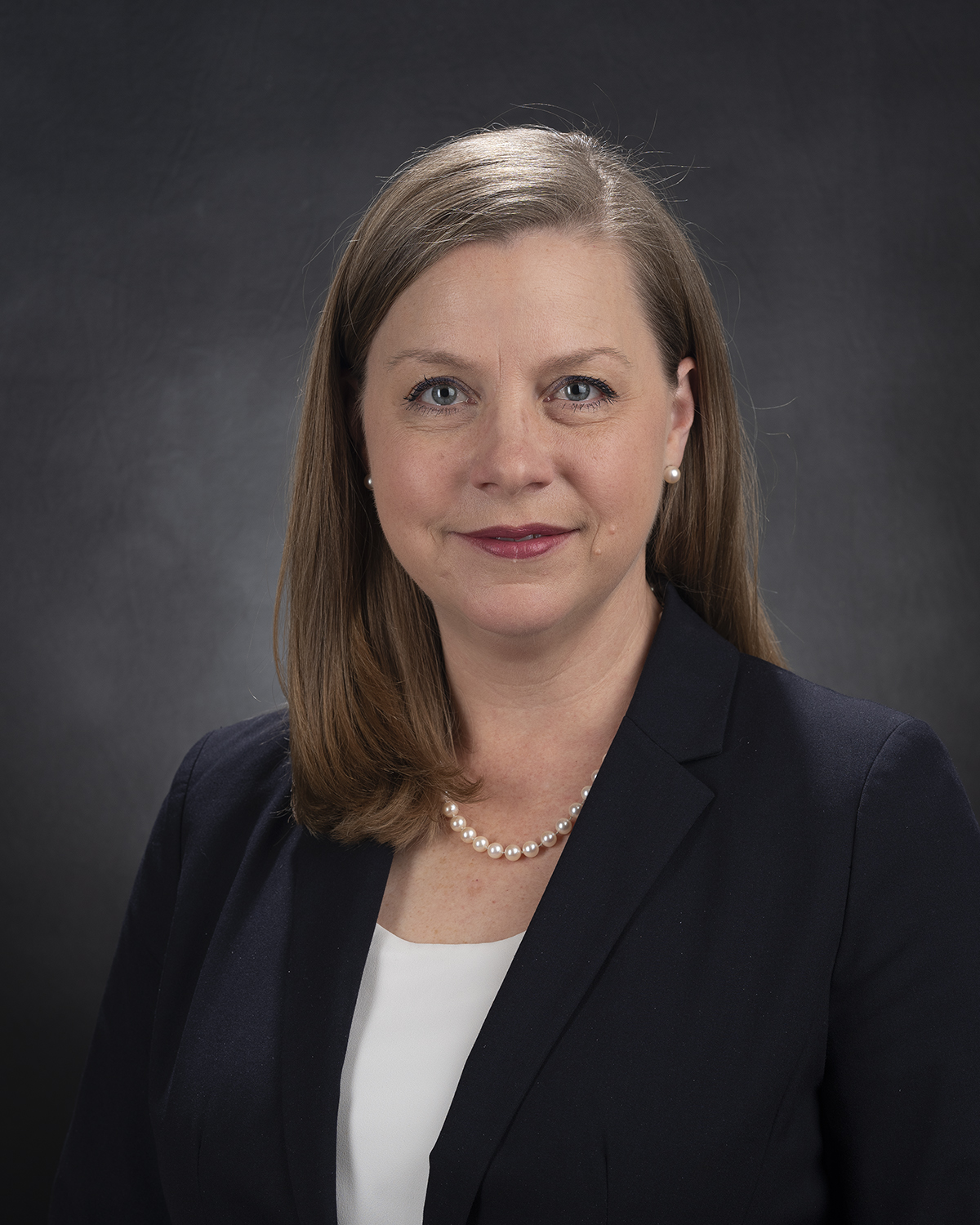Federal Reserve Governor Michelle Bowman said the Fed could hike rates by half a percentage point in March, suggesting the move is necessary to fight inflation.
Inflation is currently at a four-decade high, with the Consumer Price Index up 7.5% year-over-year in January 2022.
“The nation is dealing with inflation at its highest level in decades, much of it driven by corporate greed and anticompetitive behavior, and the federal government must use every tool available to prevent price gouging and reduce prices for Americans,” Massachusetts Senator Elizabeth Warren wrote in a letter to the Department of Justice, asking it to take action against companies violating antitrust laws to hike prices for consumers.
Bowman said Monday that inflation is “much too high” and suggested that a half-point rate hike could help tame it.
“My intent would be to take forceful action to help reduce inflation, bringing it back toward our 2% goal, while keeping the economy on track to continue creating jobs and economic opportunity for Americans,” Bowman said at the American Bankers Association Community Banking Conference in California.
Any Fed rate hikes do not directly impact mortgage rates, but rather make it more expensive for banks to borrow from other banks. Consumers could shoulder that additional costs through higher rates for credit, auto loans, and mortgages.
Though it seems certain the Fed will raise rates at its March meeting, there is still debate over how much and how often.
James Bullard, president of the Federal Reserve Bank of St. Louis, has called on the Fed to raise its benchmark short-term rate by one full percentage point by July, while Esther George, president of the Kansas City Fed, supports a more “gradual” approach.
Harvard economist Alberto Cavallo told the New York Times that the CPI might be overstating inflation, but he nonetheless expects the effects to linger. “We’re not seeing much of a slowdown in inflation yet,” he said. “The Fed definitely has to act.”
On the other end of the spectrum, Mary Daly of the San Francisco Fed told CBS’ “Face The Nation” that anything more than one modest rate hike could cause serious damage to the economy.
“History tells us Fed policy that abrupt and aggressive … can actually have a destabilizing effect on the very growth and price stability we’re trying to achieve,” Daly said.
“I see March as an appropriate time to raise the interest rate, and then we have to take in all of the information … and make the right decision at the right time for the economy,” she said.
